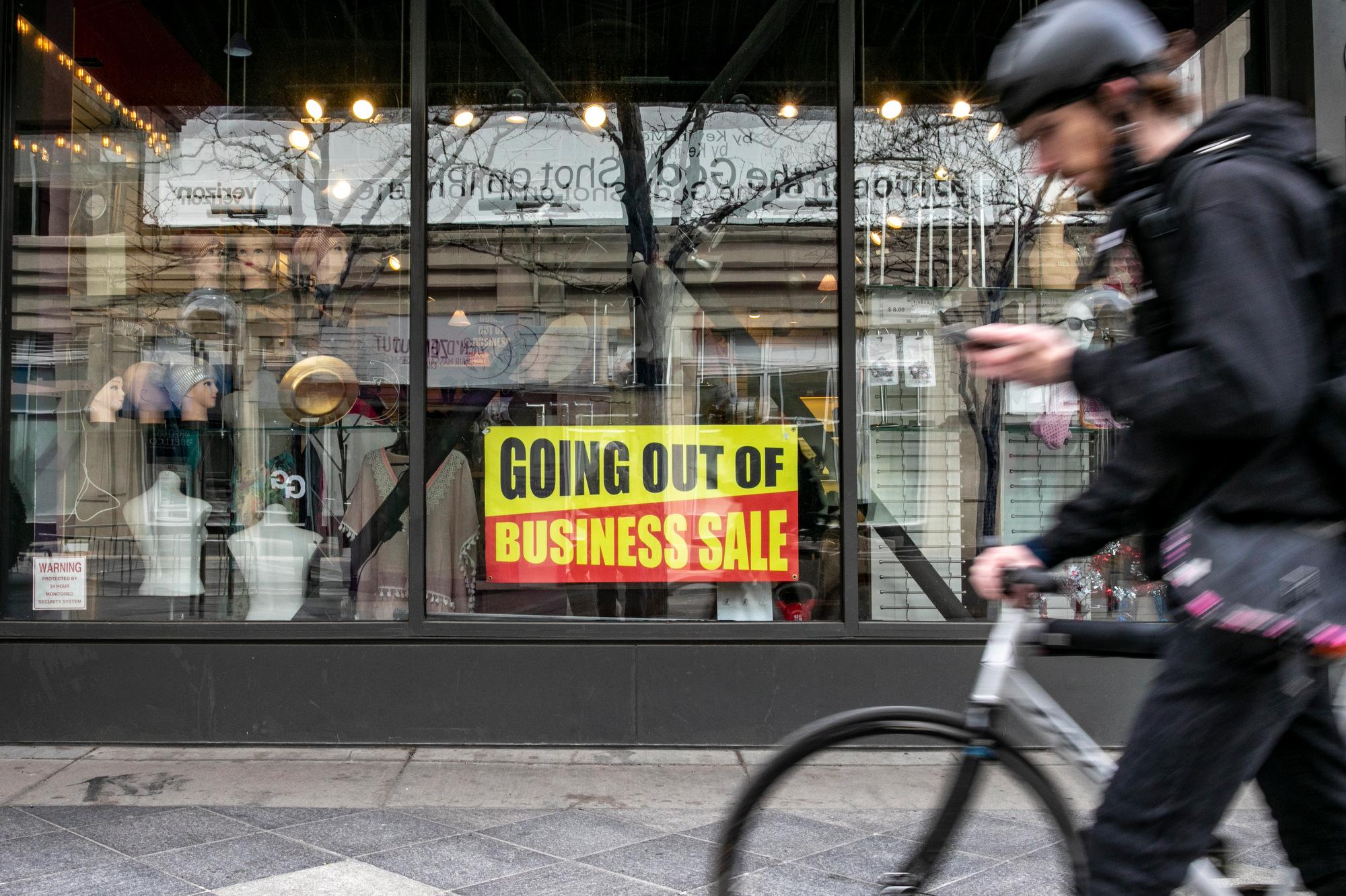
Optimism among Colorado’s business leaders took a dive as the Delta variant crimped expectations for economic growth, according to the latest Leeds Business Confidence Index survey.
The highly contagious COVID-19 variant isn’t the only thing weighing on expectations, the report found.
“Inflation and a constrained supply chain, as well as politics, have also played a role,” Richard Wobbekind, senior economist and faculty director of CU’s Leeds Business Research Division, wrote in the report.
The reading reflects the views of 225 individuals in a broad range of industries including professional services, finance and insurance, and the real estate business, among others.
Participants still expect an economic recovery to carry into the start of next year, even if they’re not feeling as confident as they were the last time the survey was conducted in June. Nearly half of respondents anticipate a majority of jobs lost during the pandemic will be added back by the middle of next year.
- For This Colorado Springs Boutique Owner Who Opened Her Shop During The Pandemic, Shutting Her Doors Now Is Not A ‘Failed Experiment’
- Office Workers Still Aren’t Back. For The Small Businesses That Depend On Their Foot Traffic, They Can’t Return Soon Enough
- Nearly 90,000 Coloradans Lost Pandemic Unemployment Benefits This Week, But We Won’t Know The Impact On Jobless Claims For Awhile
- Colorado Office Workers Are More Uncertain Than Ever Over Return-To-Workplace Plans Amid The Delta Variant Surge
Business leaders have struggled to figure out the next phase of the pandemic, leading to large swings in confidence levels, the index shows. People were feeling good as COVID-19 case counts fell and vaccinations became widely available during the summer, but that optimism was premature, Brian Lewandowski, executive director of CU’s Leeds Business Research Division, said during a conference call.
“It looked like we were sort of through the worst of it and we’re really not … and I think these businesses are reflecting on that as well as new concerns that are popping up,” Lewandowski said.
Supply-chain issues have dogged businesses from apparel makers to electronics manufacturers since the pandemic started — and appear to be getting worse. Roughly three-quarters of respondents to the CU survey reported disruptions in their supply chains, with 22 percent classifying those disruptions as significant.
It’s not clear what it will take to solve the widespread problem companies are having getting goods from one place to the next. Some survey respondents think the issues will sort themselves out with time, but others were less sanguine, suggesting it will take significant investment in building up domestic supply chain infrastructure to solve the problem.
When it comes to inflation, there is concern that the current surge in prices for goods and services is here to stay. That can lead businesses to build higher prices into their models, further feeding the inflationary cycle, Lewandowski said.








